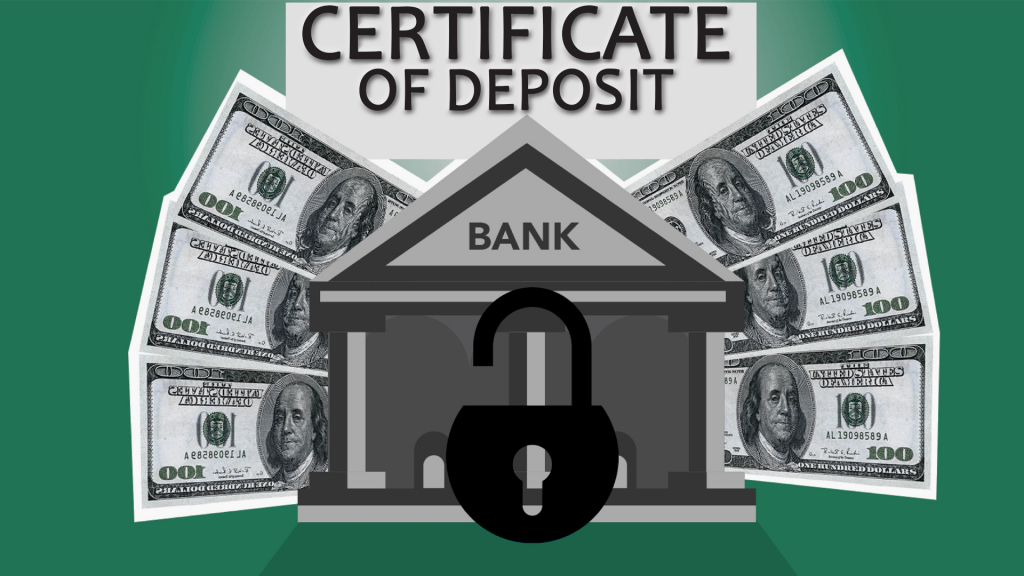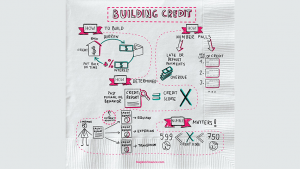
If you’re new to investing and looking for a place to start, a certificate of deposit may be what you’re looking for. Or if you’ve been investing for some time, a certificate of deposit can be one of the many tools you can use to help you toward retirement.
Certificates of deposit – otherwise known as CDs – are considered to be one of the safest saving options, according to the U.S. Securities and Exchange Commission.
CDs can give you a place to keep your cash safe and potentially earn a higher interest yield than a savings account.
But before deciding to invest in a CD, keep in mind you should use money that you’re not counting on to use for anything else. For instance, you shouldn’t put your emergency savings funds into a CD.
That’s because with a CD, you commit to keeping your money untouched for a set amount of time – anywhere from 30 days up to 10 years or more, depending on the bank. There generally are penalties and fees if you withdraw your money before the term to which you agreed expires.
When your term expires, you can roll your initial investment and earned interest into another CD, or you can cash it out.
Before getting a CD, make sure you understand all of the terms and carefully read the disclosure statement. Ask questions, and check out the answers with an unbiased source.
The guaranteed rate of return of a CD is enticing, but keep in mind that rate usually is low and oftentimes won’t always beat inflation.
One advantage of a CD can be the fact that you can’t withdraw it (without incurring penalties and fees), so say if you have a big expense coming up that you have the money set aside for – like a vacation, for instance – putting those funds in a CD can keep you from dipping into it, plus it will add money to your original amount invested.
Keep these tips in mind when if you decide to go with a CD:
- Minimum and maximum maturity terms.
- Minimum deposit requirements.
- Interest rates and annual percentage yield (APY).
- Early withdrawal fees and/or penalties.
- CD renewal policies.
The bottom line is this: Does a CD make sense for you? CDs can provide security and stability, but they likely won’t provide you with enough returns to build on your wealth.
Talk to a financial adviser to compare your options and help you determine what’s best for your situation.
Financially Fit is your home fitness guide for all things financial, provided by RCB Bank. Find money-building tips, insights and inspiration to help you improve your financial well-being at RCBbank.com/GetFit. Opinions expressed above are the personal opinions of the author and meant for generic illustration purposes only. Member FDIC.
Sources:
https://www.sec.gov/reportspubs/investor-publications/investorpubscertifichtm.html



